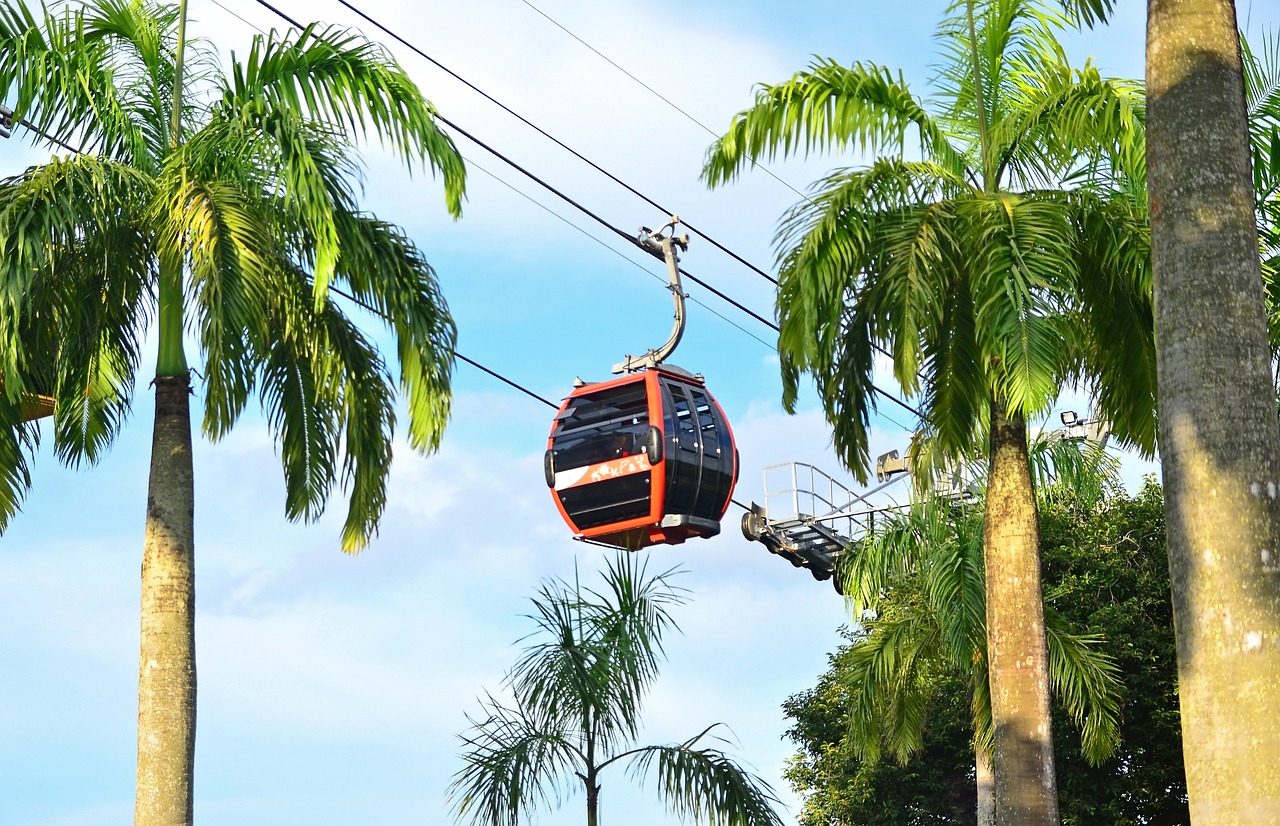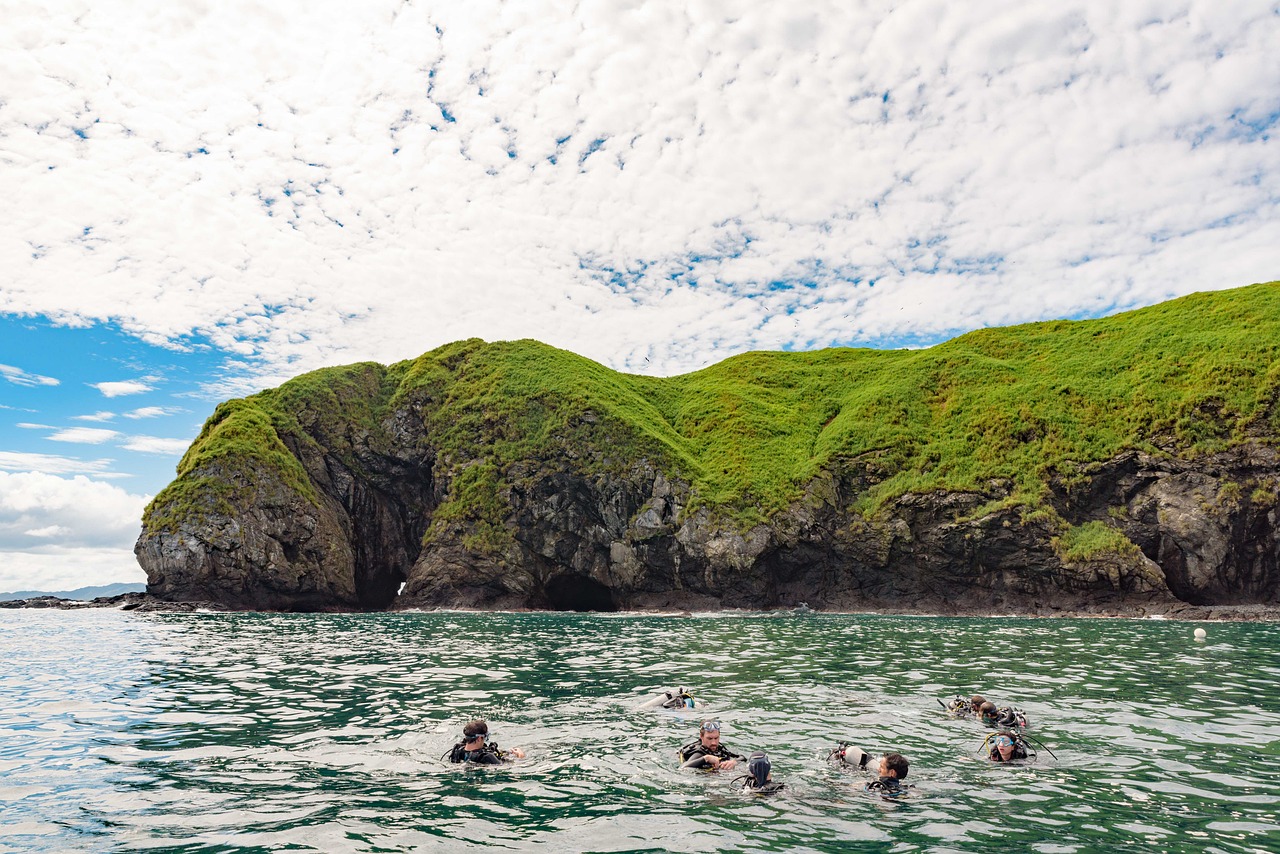Sustainable Travel: How to Be a Responsible Traveler
In today’s world, more and more travelers are seeking to explore the globe while minimizing their impact on the environment and contributing positively to local communities. Sustainable travel is about making mindful choices that support the places you visit and ensure a better future for travel. Here’s how you can become a more responsible traveller:
1. Choose Eco-Friendly Accommodations

One of the easiest ways to travel sustainably is by choosing eco-friendly accommodations. Look for hotels and lodges that have green certifications or are committed to sustainable practices. These might include:
- Energy-efficient buildings that utilize renewable energy.
- Water conservation practices such as low-flow showers and toilets.
- Recycling programs and minimized plastic use.
- Support for local communities through employment or sourcing.
2. Minimize Your Carbon Footprint

Transportation can be one of the most carbon-intensive aspects of travel. To minimize your carbon footprint:
- Opt for direct flights where possible, as take-offs and landings consume the most fuel.
- Use public transportation or walk once you arrive at your destination.
- Consider carbon offsetting programs to neutralize your flight emissions.
3. Respect Local Cultures and Communities

Being respectful and mindful of local cultures is a key aspect of responsible travel. You can:
- Learn basic phrases in the local language to show respect.
- Dress appropriately according to cultural norms.
- Support local businesses by dining at local restaurants, shopping at markets, and using local guides.
4. Reduce Waste

Traveling can lead to a lot of waste, but with a few simple adjustments, you can significantly reduce your impact:
- Carry reusable items like a water bottle, shopping bag, and utensils.
- Avoid single-use plastics by choosing eco-friendly alternatives.
- Dispose of waste properly and recycle whenever possible.
5. Engage in Eco-Friendly Activities

Choose activities that support sustainability and protect the environment, such as:
- Wildlife conservation tours or volunteering opportunities.
- Eco-friendly adventure sports like kayaking, hiking, or snorkeling.
- Cultural experiences that support local artisans and traditions.

